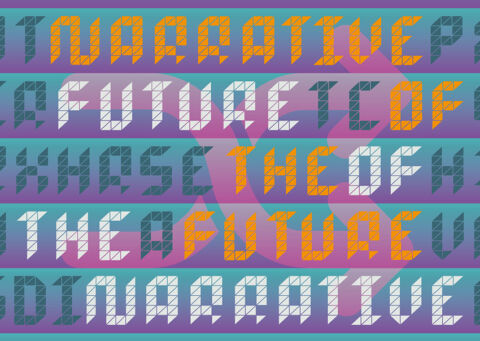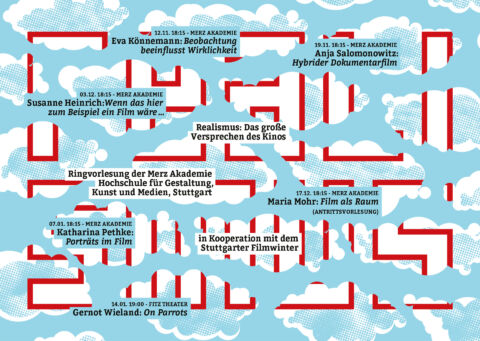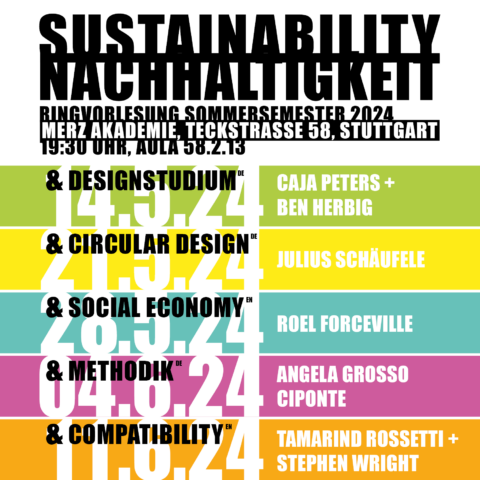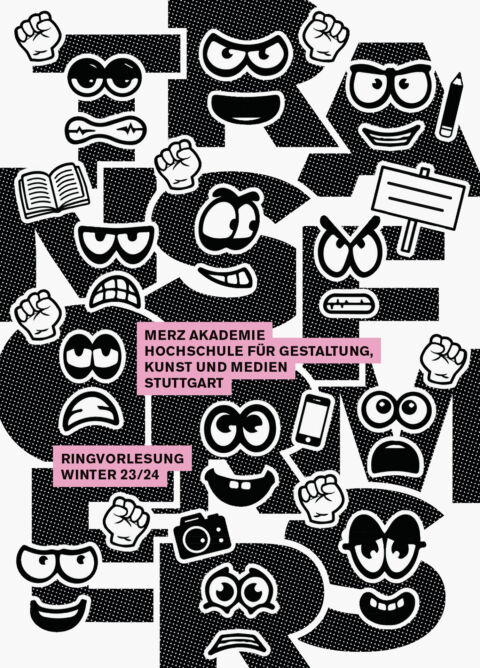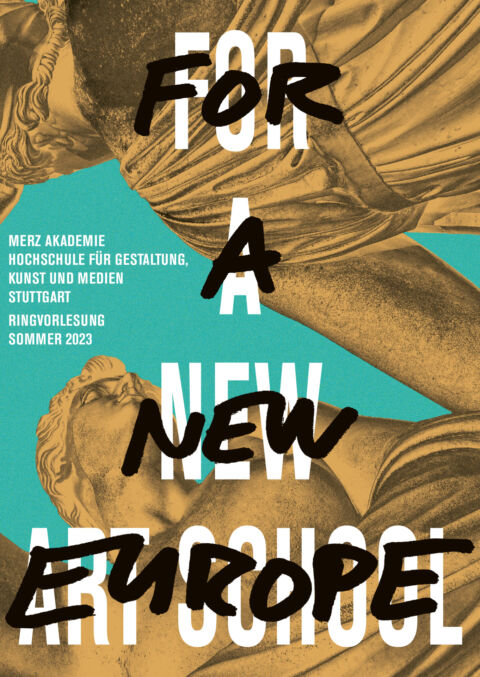Event Series
Field of Study
Date & Location
Fri, 09 Nov 2018, 10:00–18:00
Related Links
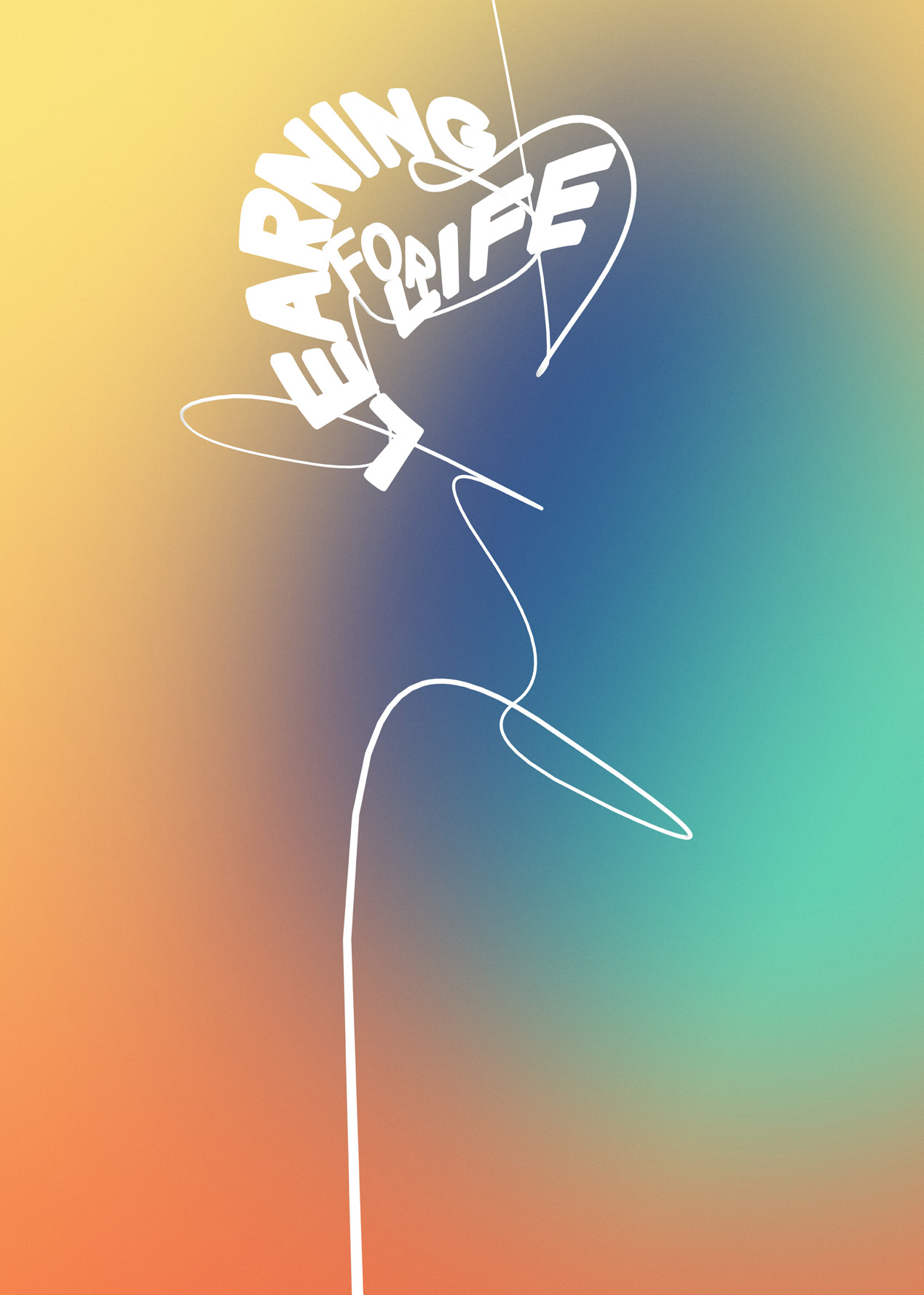 Motiv: Florian Model
Motiv: Florian Model Fri, 09 Nov 2018, 10:00–18:00
 Motiv: Florian Model
Motiv: Florian Model Forms of teaching and learning have changed profoundly since 100 years ago, when Albrecht Leo Merz founded the reform pedagogical project of the Merz Bildungswerk. Reform pedagogical teaching – by A.L. Merz and elsewhere – seems almost experimental from today’s point of view. Strict structuring and modularisation, not least due to the Bologna Reform, have made the possibilities of a “free” study more difficult. Digitisation also describes a tremendous transformation process in the university sector and in society at large.
Against this background, the workshops and conference “learning for life” highlight important aspects of current learning and teaching strategies. They are intended to give impetus to reflect on current and future forms of learning and teaching. The workshops especially address democratic, critical and emancipatory issues of teaching and working methods.
The conference is open to the public. Admission is free. The conference will take place in English.
Mit Vorträgen von:
Forensic Architecture is a multidisciplinary research group based at the University of London that uses architectural techniques and technologies to investigate cases of state violence and violations of human rights around the world. The group is led by architect Eyal Weizman.
The agency develops new evidentiary techniques and undertakes advanced architectural and media research with and on behalf of communities affected by state violence, and routinely works in partnership with international prosecutors, human rights organisations and political and environmental justice groups. The agency is an interdisciplinary team of investigators including architects, scholars, artists, filmmakers, software developers, investigative journalists, archaeologists, lawyers, and scientists. It undertakes investigations in human rights violations by states or corporations, on behalf of civil society groups.
The group uses advanced architectural and media techniques to investigate armed conflicts and environmental destruction, as well as to cross-reference a variety of evidence sources, such as new media, remote sensing, material analysis, and witness testimony.
Forensic architecture is also an academic field and an emergent field of practice developed at the Centre for Research Architecture, at Goldsmiths, University of London. It refers to the production and presentation of architectural evidence, relating to buildings and urban environments and their media representations.
Since 2005, she has been head of the Postgraduate Programme in Curating (MAS/CAS), www.curating.org, at the University of the Arts Zurich (ZHdK). She also co-founded with Susanne Clausen the “Research Platform for Curating, Practice-Based Doctoral Programme” a collaboration of the Postgraduate Programme in Curating and the Department of Fine Arts, University of Reading, now the “PhD in practice in curating”, which is funded by ‘Swissuniversities’. Therefore she holds also a professorship at the University of Reading, UK. From 1999 to the end of 2003, Richter was artistic director of the Künstlerhaus Bremen, where she curated a discursive programme based on feminist issues, urban situations, power relation issues, and institutional critique. She has worked as a curator ever since. Some of her curatorial projects: New Social Sculptures at Kunstmuseum Thun, (2012) Speculative Curating, Performative Interventions, Migros Museum, Zürich (2016/17) at the moment she is also directing the OnCurating project space in Zürich with members of her staff.
CHOREOGRAPHIC was initiated by Edgar Schmitz in 2016 as a way of collaborating with invited guests from the fields of choreography and (post-)dance on one-off productions at the intersection of artistic, curatorial and discursive labour. As part of a broader investigation into how competency plays out in a post-skill environment, the series stages choreographic modes, language games and production formats in close and conflictual dialogue with neoliberal forms of governance and subsumption, and animates their invariably compromised critical affordances.
Edgar Schmitz (D, 1968) is an artist who produces escapist backdrops from film, sculpture, animation and writing. His work is concerned with developing modes of withdrawal from the given terms of the present, and he often collaborates with protagonists, settings and matter of all sorts, to animate the infrastructures he works within to the point where they start providing the raw material for speculative, cinematic versions of the near future.
